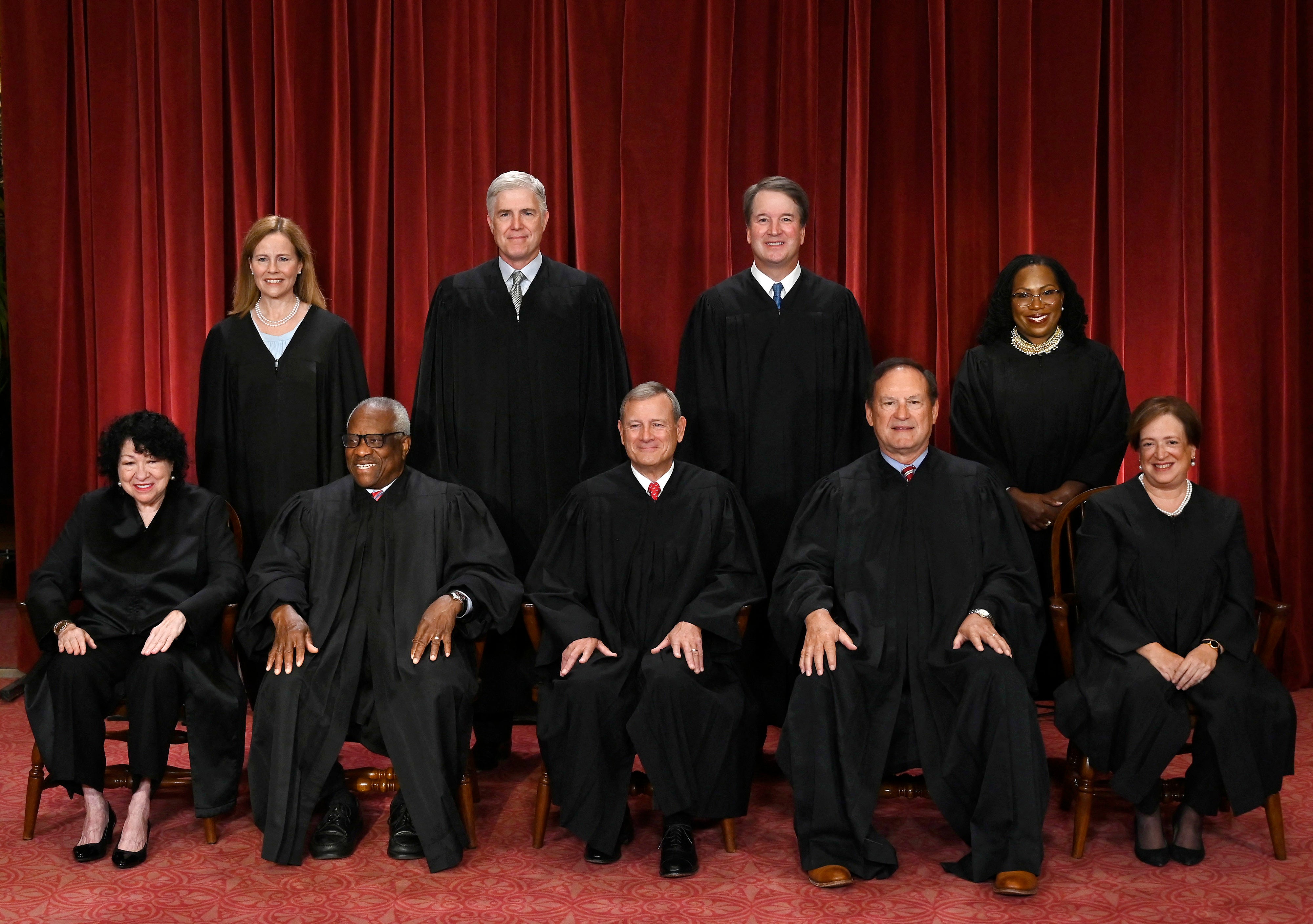The U.S. Supreme Court has agreed to hear arguments in the case regarding President Donald Trump’s attempt to end birthright citizenship for children born in the U.S. to certain immigrants
In a brief order on Thursday, the justices declined to lift a temporary pause, which three lower court judges ruled on, that prevents Trump’s executive order from taking effect nationwide.
They have scheduled arguments for May 15.
Birthright citizenship automatically makes anyone born in the United States an American citizen, including children born to parents in the country illegally. The right is enshrined in the 14th Amendment.
The Trump administration had asked the high court to limit the breadth of the ruling so it only applied to the states that sued and won, despite three federal judges halting it. The dispute is likely going to be the focus of the Supreme Court’s arguments.
Trump and his supporters have argued that there should be tougher standards for becoming an American citizen, which he called “a priceless and profound gift” in the executive order he signed soon after becoming president in January.
The Trump administration has asserted that children of noncitizens are not “subject to the jurisdiction” of the United States, a phrase used in the amendment, and therefore are not entitled to citizenship.
States, immigrants and rights groups that have sued to block the executive order have accused the administration of trying to unsettle the understanding of birthright citizenship that has been accepted since the amendment’s adoption.
Judges so far have uniformly ruled against the administration.
The Justice Department argues that individual judges lack the power to give nationwide effect to their rulings.

The administration instead wants the justices to allow Trump’s plan to go into effect for everyone except the handful of people and groups that sued. Failing that, the administration says that the plan could remain blocked for now in the 22 states that sued. New Hampshire is covered by a separate order that is not at issue in this case.
As a further fallback, the administration asked “at a minimum” to be allowed to make public announcements about how it plans to carry out the policy if it eventually is allowed to take effect.
However, while the emergency appeal is not directly focused on the validity of the order, the justices probably will find it hard to avoid that underlying issue.
If the court is inclined to agree with the administration, it risks creating a confusing patchwork of rules in which the state in which a child is born could determine whether citizenship is granted automatically.
Several justices have raised concerns in the past about nationwide, or universal, injunctions, but the court has never ruled on the matter.
The administration made a similar argument in Trump’s first term, including in the Supreme Court fight over his ban on travel to the U.S. from several Muslim majority countries.
The court eventually upheld Trump’s policy, but did not take up the issue of nationwide injunctions.
The Associated Press contributed to this report







